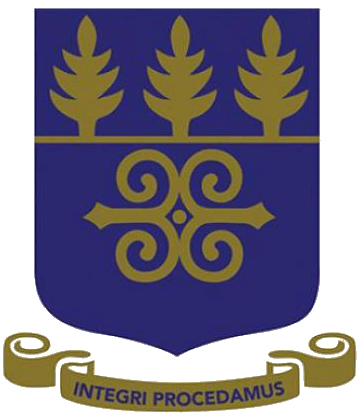POGO support for the development of Liberia’s first undergraduate curriculum in Marine Science and Conservation.
Oceanography plays a vital role in understanding global environmental challenges, promoting sustainable resource management, mitigating climate change, and enhancing the resilience of coastal communities. Liberia, endowed with rich coastal biodiversity and marine heritage, stands to gain significantly from developing expertise in marine ecosystems and ocean dynamics. However, Liberia’s higher education system lacks specialized training in key fields such as oceanography, marine biology, marine ecology, marine economics, ocean policy, and governance. No tertiary institution in Liberia has ever established an undergraduate program in marine science, resulting in a critical shortage of skilled professionals in marine science and conservation.
To address this gap, the Department of Fisheries and Aquaculture Sciences (DoFAS) at the University of Liberia, in collaboration with Dr. Benjamin Botwe (University of Ghana) and Dr. Essowe Panassa (University of Kara, Togo), submitted a proposal to the Partnership for Observation of the Global Ocean (POGO). The proposal sought funding to prepare and implement an undergraduate curriculum in Marine Science and Conservation at DoFAS.
Based on the submission, POGO awarded DoFAS a grant to support the development of Liberia’s first undergraduate curriculum in Marine Science and Conservation. The grant will be used to:
- Prepare the draft curriculum and associated syllabi.
- Conduct a two-day validation workshop with key stakeholders.
All activities will be jointly executed by DoFAS in close collaboration with Dr. Botwe and Dr. Panassa, ensuring regional expertise and alignment with international best practices. This initiative marks a significant step toward building national capacity in marine science, strengthening ocean governance, and safeguarding Liberia’s marine resources for future generations.


